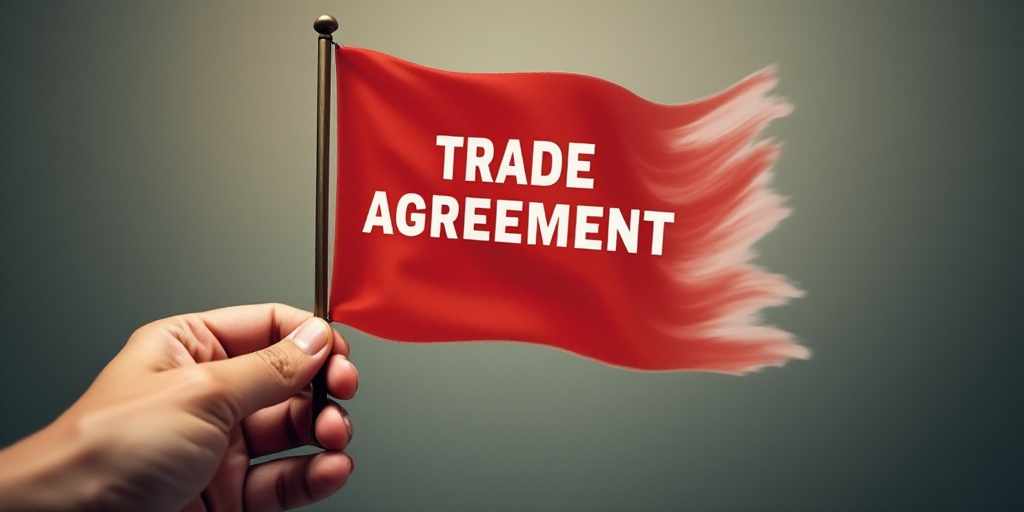Introduction
Critics have long portrayed the United States as an egoistic nation imposing its power without concern for others’ well-being. However, President Donald Trump’s trade policies have been erratic, counterproductive, and far from accurate, making even the most caricatured critique seem favorable. Paradoxically, Trump’s trade blunders have also exposed the shortcomings of other nations, compelling them to reflect on what their responses reveal about their intentions and capabilities.
The European Union’s Response
Economically, the European Union (EU) is nearly as powerful as the United States, representing 14.1% of global economy compared to the US’s 14.8%. Despite a recent rise in far-right movements, most European countries have steered clear of authoritarianism. As a democratic confederacy of states without geopolitical ambitions threatening others, the EU possesses both the power and moral authority to lead globally. Yet, it faltered and ultimately conceded to Trump’s demands.
China’s Strategy
Adopting a tougher stance, China responded with retaliatory tariffs and restricted exports of critical minerals to the US. Trump’s vindictive and counterproductive foreign policies have inadvertently bolstered China’s influence and credibility as a reliable partner for the developing world. Nevertheless, China has yet to propose a practical model for a post-neoliberal global economic order, showing little interest in addressing the global imbalances caused by its large external surplus and domestic savings excess over investment.
Smaller Nations and Intermediate Powers
Most smaller nations and intermediary powers have chosen discretion, seeking independent agreements with Trump to minimize damage to their economies. Brazil stands as an exception, with President Luiz Inácio Lula Da Silva defiantly refusing to comply with Trump’s demands despite facing 50% punitive tariffs and personal attacks. As noted by the New York Times, “Perhaps no world leader has challenged President Trump as vehemently as Mr. Lula.”
Key Questions and Answers
- What has been the global response to Trump’s trade policies? Most nations have either conceded or sought independent agreements, with Brazil’s President Lula Da Silva being a notable exception.
- How have Trump’s policies affected the EU and China? The EU has shown weakness in its response, while China’s influence has grown due to Trump’s vindictive policies. Neither has articulated a practical model for a post-neoliberal global economic order.
- What challenges does the world face in resisting Trump’s imperialism? The major challenge is finding a common purpose, as traditional multilateralism and global cooperation are insufficient. New ideas and principles are needed to avoid the inefficiencies of hyperglobalization and the destructive effects of policies that impoverish neighbors.
The Author
Dani Rodrik, Professor of International Political Economy at Harvard Kennedy School of Government, is a former president of the International Economic Association and author of the upcoming book “Shared Prosperity in a Fractured World: A New Economics for the Middle Class, the Global Poor, and Our Climate” (Princeton University Press, November 2025).
Copyright: Project Syndicate, 1995 – 2025
www.project-syndicate.org






